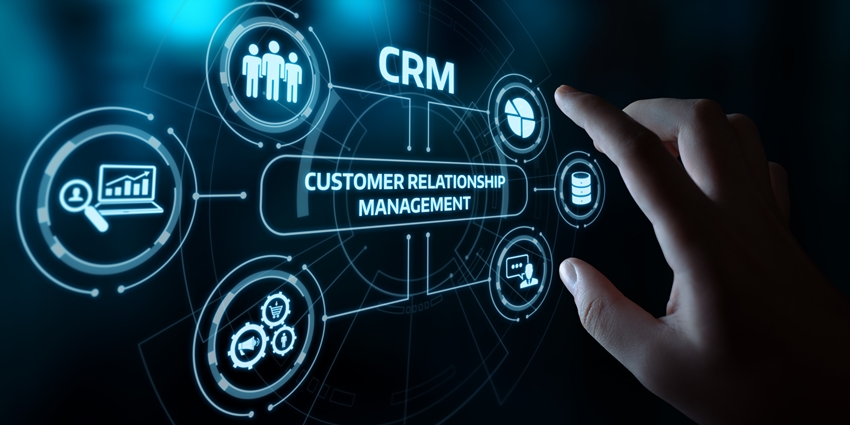
CRM Best Practices: Enhancing Customer Service and Sales Efficiency
Understanding CRM's Role in Customer Service and Sales
CRM serves as a centralized platform that enables businesses to manage customer interactions, track sales activities, and streamline internal processes. By leveraging CRM effectively, organizations can:
Centralize Customer Data: Maintain a unified database of customer information, interactions, preferences, and purchase history.
Automate Workflows: Streamline sales processes, automate repetitive tasks, and ensure timely follow-ups with leads and customers.
Personalize Customer Interactions: Tailor marketing campaigns, offers, and support interactions based on individual customer preferences and behavior.
CRM Best Practices for Enhanced Customer Service
1. Implement a Robust Ticketing System
Centralized Support: Use CRM to manage customer inquiries, issues, and support tickets in a centralized system.
SLA Management: Define and adhere to Service Level Agreements (SLAs) to prioritize and resolve customer issues promptly.
2. Provide Personalized Support
Customer Insights: Utilize CRM data to understand customer needs, preferences, and past interactions.
Customized Solutions: Offer tailored solutions and proactive support based on individual customer profiles.
3. Enable Multi-channel Communication
Omni-channel Support: Integrate CRM with various communication channels (email, phone, chat, social media) to provide seamless support.
Real-time Response: Ensure timely responses to customer inquiries across all channels to enhance satisfaction.
4. Empower Customer Self-service
Knowledge Base: Develop a comprehensive knowledge base within CRM to empower customers with self-service options.
Interactive FAQs: Provide easy access to frequently asked questions and troubleshooting guides.
CRM Best Practices for Improved Sales Efficiency
1. Optimize Sales Pipeline Management
Lead Qualification: Use CRM to qualify leads and prioritize opportunities based on likelihood to convert.
Pipeline Visibility: Gain insights into sales pipeline stages, potential bottlenecks, and forecasted revenue.
2. Automate Sales Processes
Workflow Automation: Automate routine tasks such as email follow-ups, scheduling appointments, and lead nurturing.
Task Assignment: Assign tasks and track sales activities to ensure timely follow-ups and accountability.
3. Utilize Sales Analytics
Performance Metrics: Track key sales metrics (e.g., conversion rates, win-loss ratios) using CRM analytics.
Forecasting: Use historical data and predictive analytics to forecast sales trends and identify growth opportunities.
4. Facilitate Collaboration Across Teams
Shared Information: Foster collaboration between sales, marketing, and customer service teams by sharing customer insights and interaction history.
Cross-functional Alignment: Ensure alignment on customer priorities and seamless handoffs between departments.
Conclusion
CRM best practices are essential for organizations aiming to enhance both customer service and sales efficiency. By leveraging CRM to centralize customer data, personalize interactions, automate workflows, and facilitate collaboration, businesses can deliver exceptional customer experiences and drive revenue growth. Implementing these strategies not only improves operational efficiency but also strengthens customer relationships, positioning your business for sustained success in today's dynamic marketplace.